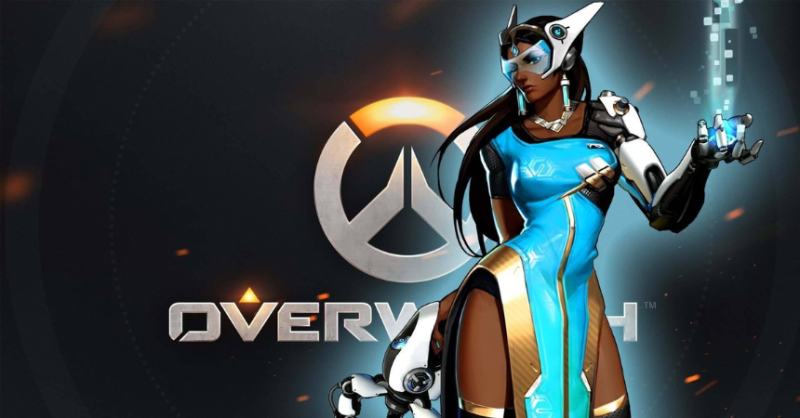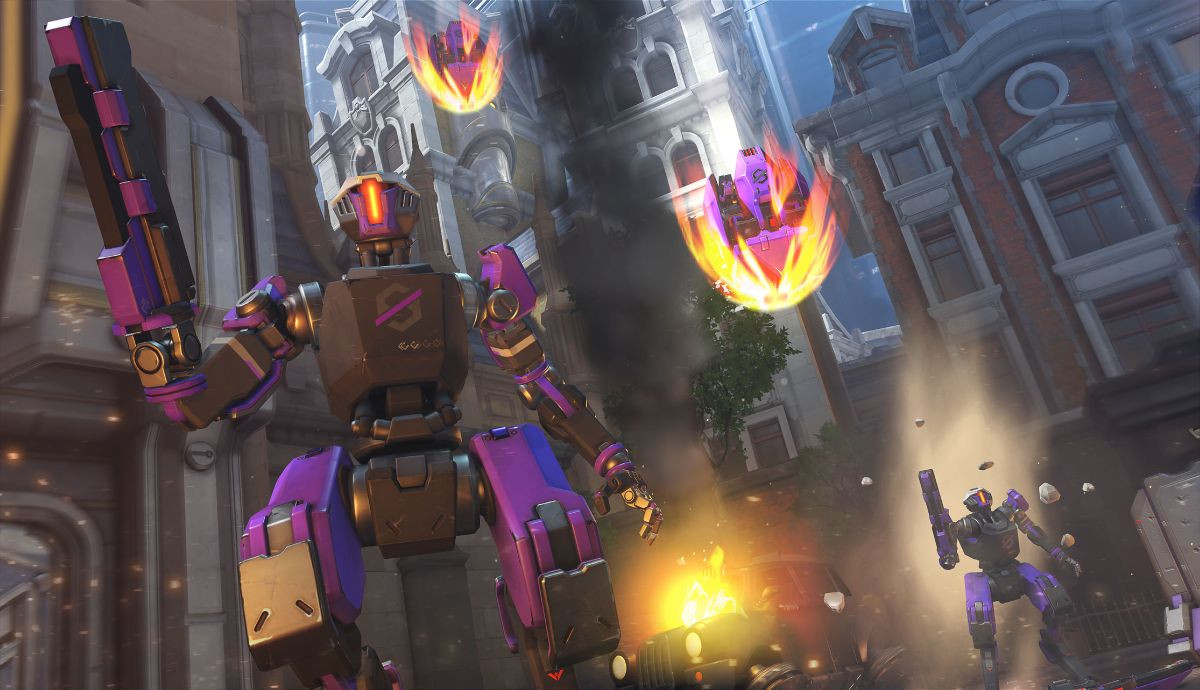Mastering Team Dynamics and Hero Selections in Overwatch
2024-12-17

Overwatch, a game celebrated for its rich cast of characters and dynamic team-based gameplay, offers players the exhilarating challenge of selecting the right hero from its diverse roster to complement their team and counter the opponent’s choices. The decision-making doesn't just revolve around individual prowess but also hinges significantly on strategic team compositions and synergistic play styles. Understanding the subtleties of each hero and how they fit into a team can dramatically impact the outcome of a match. This article explores in-depth strategies for hero selection and optimal team composition to enhance your Overwatch gaming experience.
Understanding Hero Roles and Their Impact on Team Dynamics

The foundation of any effective Overwatch strategy begins with a clear understanding of the various hero roles: Tank, Damage, and Support. Each role fulfills a critical function, and choosing the right balance can be the difference between a resounding victory and a swift defeat. Tanks are crucial for absorbing damage and protecting teammates. Damage heroes are responsible for offensive maneuvers and securing objectives, while Support characters provide healing and crucial utilities.
When forming a team, it’s essential to evaluate the map layout, objective type, and the enemy team’s composition. For instance, open and sprawling maps may favor heroes with mobility and long-range capabilities, while tightly packed arenas might benefit from robust tanks and area-of-effect Supports. Coordination and communication with teammates are key in making swift, responsive changes to hero selection in reaction to the enemy's strategies.
Synergizing Hero Abilities to Forge Strong Team Compositions
Overwatch’s gameplay complexity is magnified by the myriad ways in which different heroes’ abilities can synergize. Such synergies not only amplify the team’s overall effectiveness but can create powerful combinations that can dominate phases of the game or pivotal moments. For example, Zarya’s Graviton Surge can cluster enemies tightly, setting up devastating follow-up attacks from heroes like Hanzo with his Dragonstrike or Pharah with her Rocket Barrage.
Beyond ultimate combinations, everyday ability synergies should also guide hero selection. A Mei can slow enemies, making them easy targets for precision damage dealers. Similarly, a carefully timed Speed Boost by Lucio can enhance a Reinhardt’s charge, catching the enemy team off-guard and disrupting their formation. These strategic pairings require players to understand not only their hero’s capabilities but also those of their teammates, cultivating a preemptive and reactive game plan that leverages these strengths against the vulnerabilities of opponents.
Adapting to Meta Shifts and Opponent Strategies
.png)
Overwatch is a game of ever-evolving strategies, with patches, new heroes, and meta shifts constantly changing the landscape of play. Successful players keep abreast of these developments and continuously adapt their strategies accordingly. This might mean embracing new heroes, rethinking traditional tactics, or even mastering less popular heroes to exploit common meta strategies.
Furthermore, real-time adaptation during matches is crucial. Monitoring the success of the current team composition and being prepared to switch heroes in response to an effective enemy strategy can turn the tides of battle. This dynamic approach requires a keen sense of observation and quick decision-making, as well as a robust understanding of each hero’s potential as both an ally and an adversary.
Conclusion
Mastering hero selection and team composition in Overwatch is about more than just picking the strongest characters. It involves a deep understanding of individual roles, team dynamics, and strategic synergy. By staying informed about current meta trends, practicing flexible gameplay, and coordinating closely with teammates, players can enhance their performance and enjoy greater success in Overwatch’s competitive arena.






